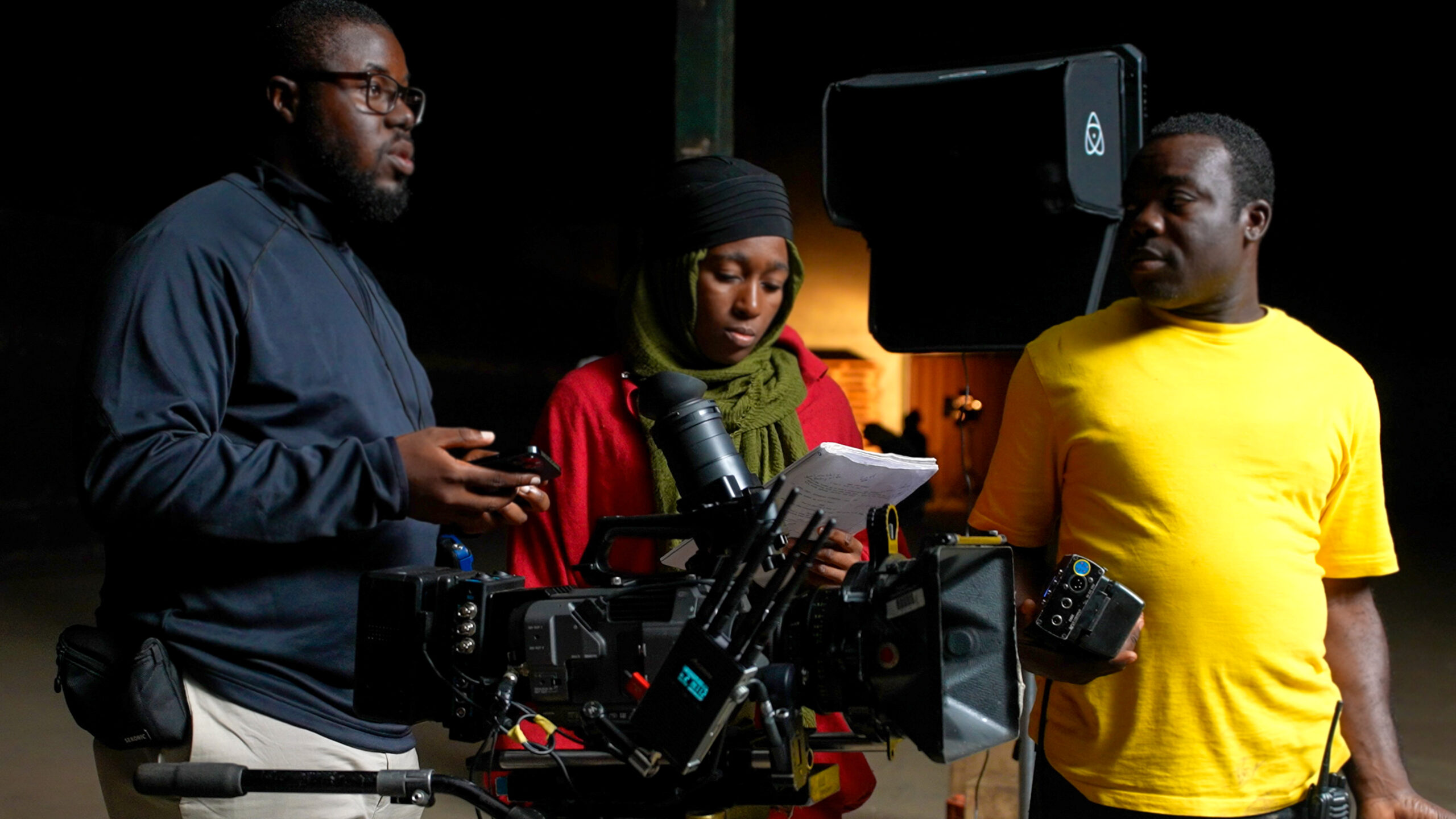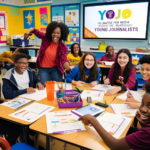Botswana is using strategic reforms to turn its creative sector into an engine for economic growth. The approach draws lessons from South Africa’s success in attracting global filmmakers.
By Bonface Orucho
Botswana is borrowing a page from South Africa’s cinematic playbook and strategically deploying film-friendly policies to revitalise its creative economy and position the southern African nation as an international filming hub.
According to Mary Bohanze, a film tutor at the South African Film Academy, early adoption of supportive policies and legislation has been vital to turbocharging South Africa’s film industry, “which is now a regional benchmark.”
“South Africa’s success has created a gravitational pull for regional players. Botswana’s emergence shows how one strong market can catalyse growth in neighboring countries.”
South Africa’s film and TV sector has long been a magnet for Hollywood productions and global streaming giants alike, hosting everything from movies like Blood Diamond, District 9, Invictus, Dredd, and Avengers: Age of Ultron to series like Queen Sono, Raised by Wolves, Black Mirror, Blood and Water, Warrior and One Piece.
While Cape Town studios host some of Marvel’s biggest films, Johannesburg has grown into Netflix’s African HQ.
2024 data from the Commercial Producers Association South Africa show the sector (the film industry) pulled over R2.5 billion (more than US$132 million) in foreign investment in eight months, with projections topping R5 billion (more than US$265 million) for 2025.
Botswana is seemingly keen to adopt South Africa’s success.
Botswana Ignite, the country’s film agency, launched in April last year with a mandate to transform the creative economy from the ground up, along with a suite of tax incentives designed to make filming in Botswana attractive to both local and international players.
In the year since, Botswana has attracted multiple local and foreign productions.
Since February 2025, Family Feud Botswana — a localised edition of the hit American game show hosted by Steve Harvey — has been airing across national screens (BTV and DSTV Botswana), marking the country’s first entry into high-profile, syndicated television.
Notably, Botswana is only the second African country to host the show, following the successful multi-season run of Family Feud South Africa, which concluded recently.
Botswana was the shooting location for the first African adaptation of Two Brothers Pictures Limited’s global hit, Liar, an acclaimed British psychological thriller, signalling a move into more complex, globally resonant storytelling.
According to a press statement, the film, shot on location in Gaberone, features a high-profile African cast, led by Motsoaledi Setumo (known for Showmax’s “The Wife” and Netflix’s “Soweto Love Story”) and Maxwell Dichi (known for long-running series Generations and Muvhango).
According to Duncan Irvine, the program director of Botswana Ignite, producing the film in Gaborone “has been a groundbreaking achievement.”
“There is an exciting pool of young filmmaking talent here in Botswana that fueled the creative drive to produce a uniquely compelling African version of this powerful and universally relevant story,” he explained.
The Botswanan adaptation is part of the continued global expansion of Liar. With Botswana now on board, the 2017 series has reached 15 international versions.
Yet, more shows are to come. ‘Hunted’ a British reality TV show that follows 7 participants on a run and attempting to remain undetected for 14 days, will feature a Botswana edition. On their trail is an expert team of hunters using modern policing and security methods to find and capture the participants.
In Botswana, it will replicate the UK format, which now has a total global rollout into 12 territories.
Also, Botswana has recently secured the rights to host the Wildscreen Festival — an international showcase of nature and wildlife filmmaking backed by the BBC Studios’ Natural History Unit.
“From the 12th to the 13th of June 2025, Team Wildscreen and pals are bringing our iconic festival to the gateway to the Okavango Delta in Maun, Botswana,” Lucie Muir, the chief executive of Wildscreen, wrote on LinkedIn in March 2025.
Beyond Botswana, a number of African countries have been making bold reforms in a bid to boost their creative economies.
Ghana is making bold moves to position itself as a destination for global film productions by rolling out a 20% tax rebate and import duty exemptions to entice international filmmakers.
Initiatives such as the ‘Shoot in Ghana’ campaign and high-profile shoots, including the NFL’s Super Bowl commercial and Girls Trip 2, are proving the impact of the country’s smart incentives, showing that local talent, and compelling locations can attract big-budget productions and stimulate job creation.
Similar progress is being made in Mauritius and Morocco.
According to the 2025 Entertainment & Media (E&M) report by PwC, revenues from entertainment and media across all markets in Africa will outpace the global CAGR of 3.9%.
In South Africa, revenue will grow from R295.3bn (US$16.1bn) in 2023 to R363.2bn (US$19.8bn) by 2028.
Nigeria’s market will surge from US$9.0 billion to US$13.6 billion, while Kenya will climb from US$3.8 billion to US$4.8 billion over the same period, according to the PwC report.
bird story agency
Botswana is revitalizing its creative economy by adopting strategic film-friendly policies similar to South Africa's successful model, which attracts global filmmakers due to early supportive legislation and a strong industry presence. Botswana Ignite, the country's film agency, launched in 2024 with tax incentives to lure local and international productions, has already facilitated multiple high-profile projects like Family Feud Botswana and the adaptation of the British psychological thriller, Liar.
These efforts position Botswana to become a key player in the regional creative economy, drawing on local talent to create globally resonant content. The country's inaugural hosting of the Wildscreen Festival further underscores its growing influence in the realm of nature and wildlife filmmaking.
Beyond Botswana, other African nations like Ghana, Mauritius, and Morocco are also implementing reforms to promote their creative sectors. Ghana, for example, offers tax rebates and duty exemptions to attract filmmakers, as showcased by projects like Girls Trip 2.
According to a 2025 report by PwC, entertainment and media revenues in Africa are predicted to grow faster than the global rate, with major markets such as South Africa, Nigeria, and Kenya projected to see substantial increases in revenue, underlining the continent's expanding role in the global entertainment landscape.






